This year wasn’t the summer of hell, but there certainly were plenty of subway delays due to an aging system.
“So many of those assets are in poor or marginal condition that it needs a massive investment for the MTA to continue to be reliable, safe, fast transportation,” Andrew Rein, president of government watchdog Citizens Budget Commissioner (CBC), said.
In a report, the CBC looked at how much the MTA needs to invest in its next five-year capital program to address these issues, which include new signals, train cars and buses; power substation upgrades; and resiliency projects.
“And if they don’t have a focused plan on those most critical needs, the MTA assets will start to crumble,” Rein said. “We saw the outage over the summer where a transformer went down and I think eight lines went down for a long time.”
The report estimates up to $115 billion in needs over the next five years. It's not a realistic number for the MTA. So, the question remains to how much the next five-year plan should be and how to fund it.
“Most ambitiously, the MTA could only do $90 billion in projects, the MTA and its vendors, $90 billion over five years,” Rein said. “And it has an overhang of projects in [a] process of over $27 billion. So we are recommending with that need, with that throughput, we’re only recommending $62 billion in new projects.”
The overhang being projects not yet finished or started from the current or prior capital programs. And a contributor to that lag, the pause on congestion pricing.
“There’s a $53 billion financing gap over the next six years, $53 billion. Now a third of that is congestion pricing. So, we are recommending strongly to unpause congestion pricing," he said.
More than a dozen groups Monday, including Riders Alliance and the Real Estate Board of New York, wrote a letter to state legislative leaders asking them to pressure the governor to implement congestion pricing.
The letter notes a report last week from the state comptroller that had a more conservative $92 billion estimate on the MTA's needs.
Meanwhile, the MTA in a statement from Chief of Policy and External Affairs John McCarthy said, “We appreciate the serious analysis from both Comptroller DiNapoli and CBC, and intend to lay out a detailed capital plan this month that will follow the same needs-based approach taken in those reports.”
By law, the MTA must present its next five-year plan by Oct. 1, but the legislature won't take up the issue of funding it until January. Also, the MTA will still have to find an additional $15 billion for the current capital plan if congestion pricing is not implemented.




_Pkg_CBC_MTA_Cap_Plan_Clean?wid=320&hei=180&$wide-bg$)

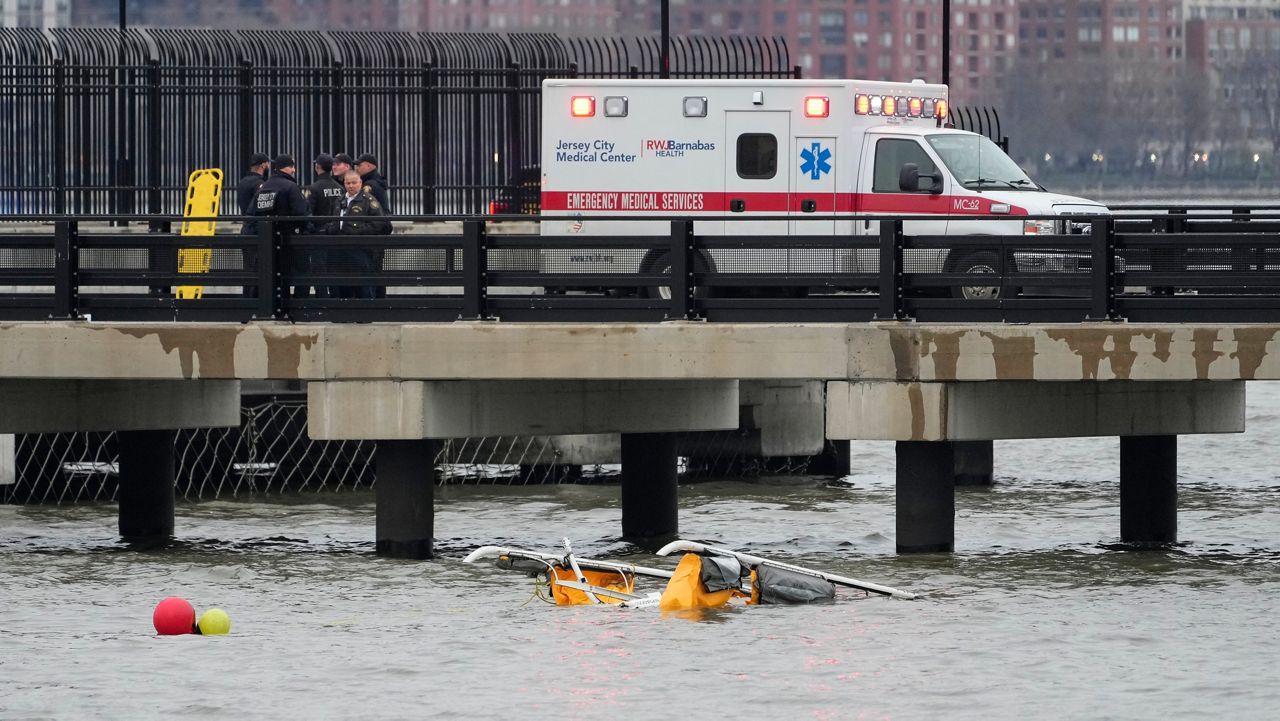
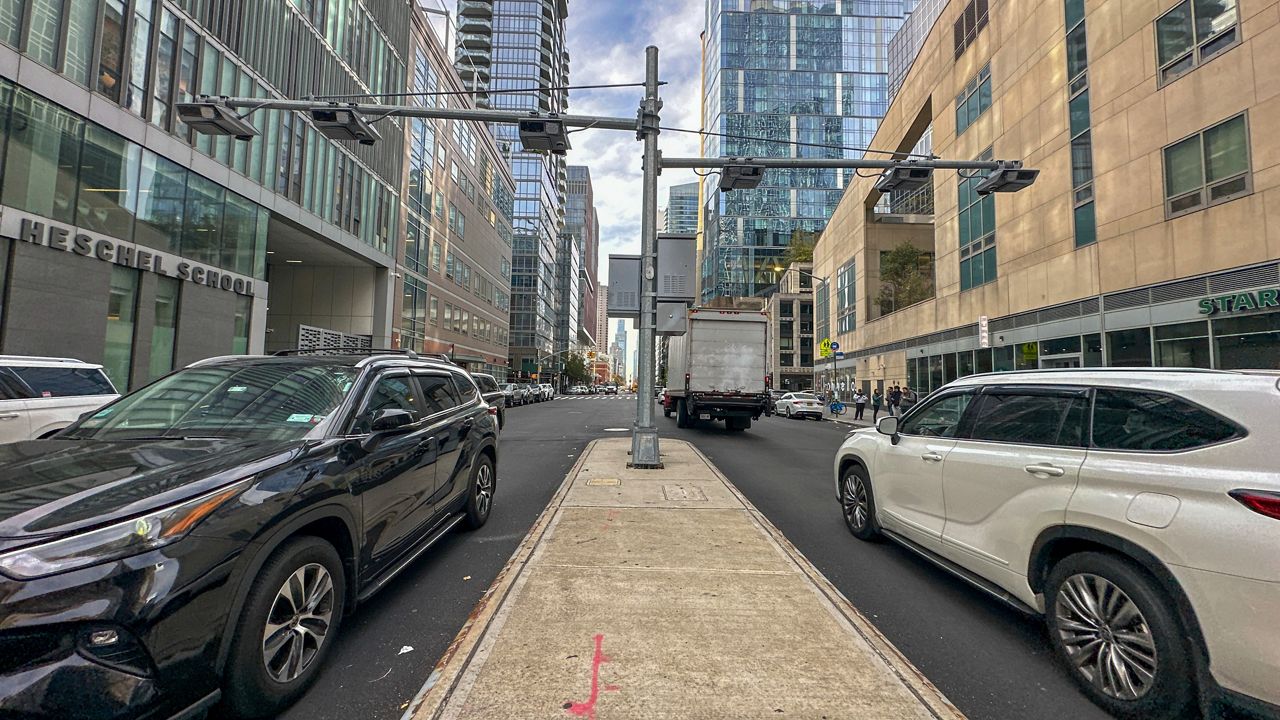
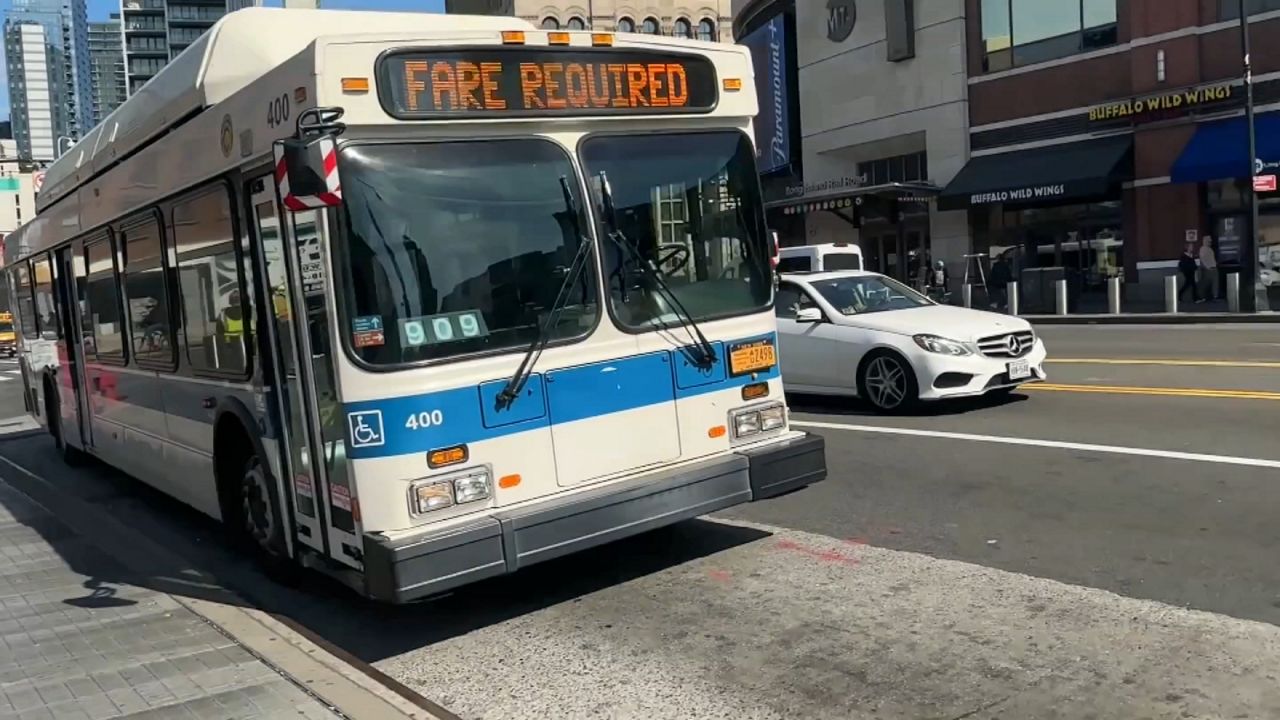
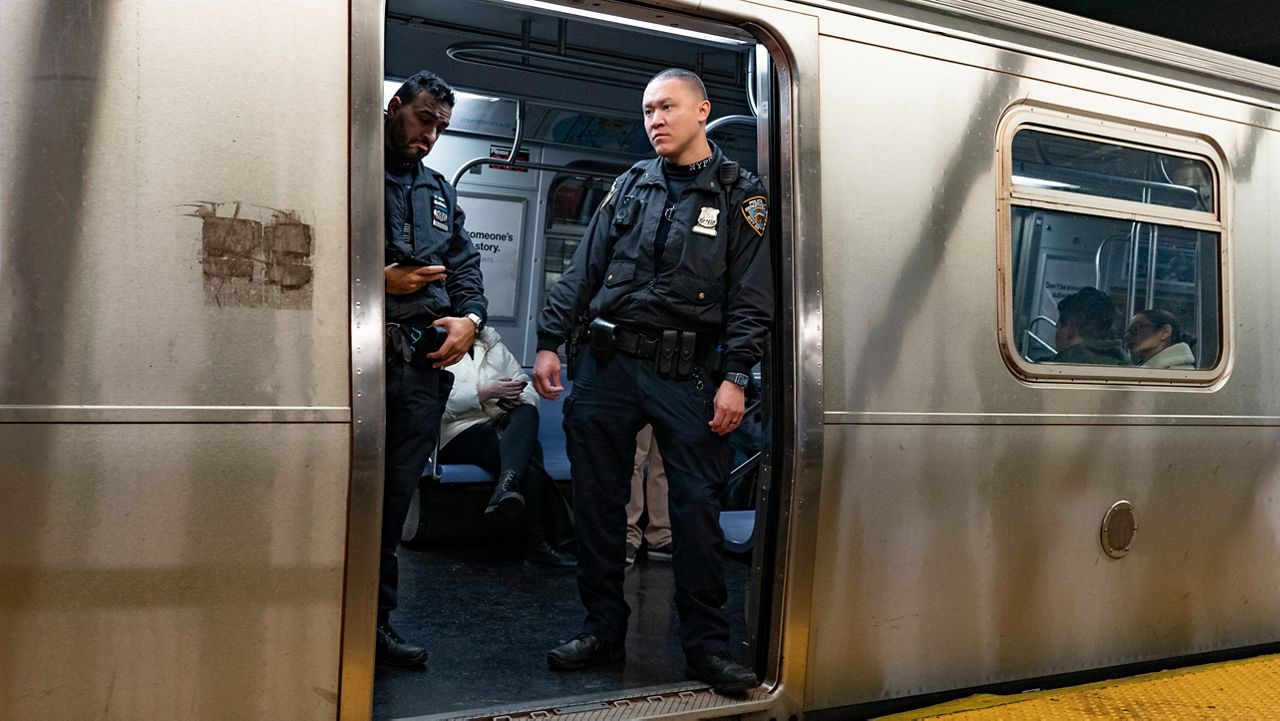
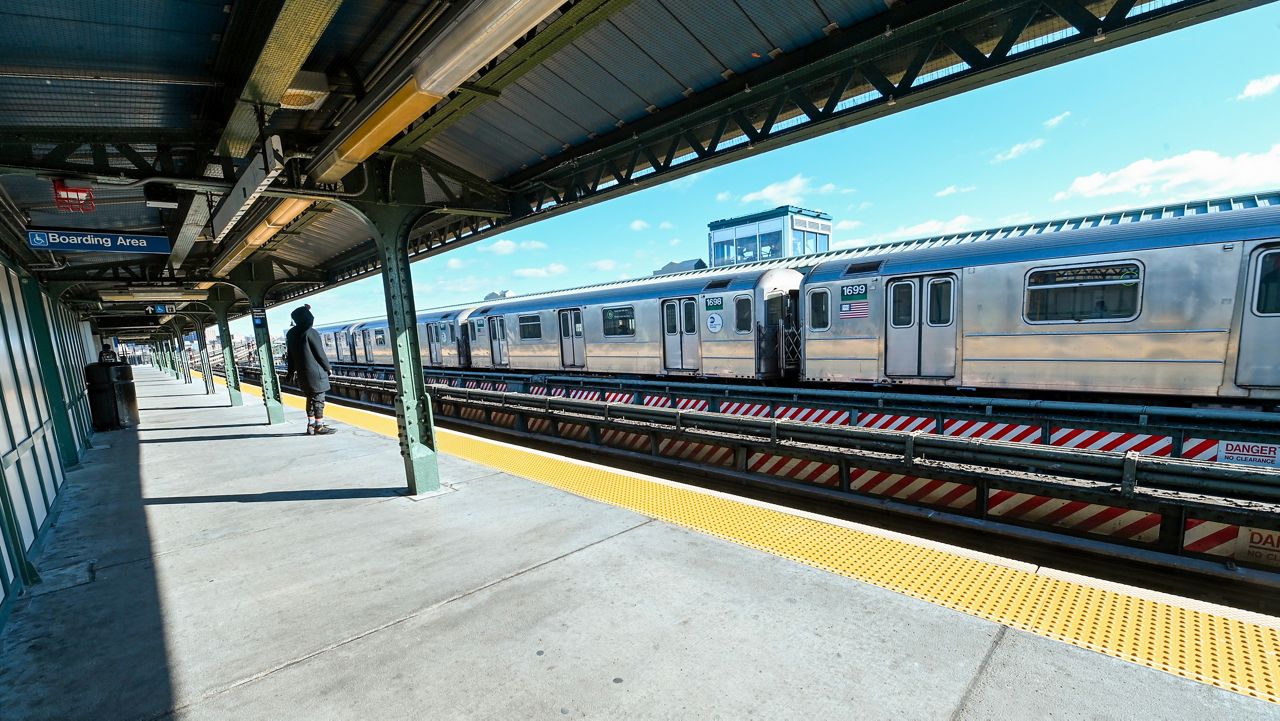
_PKG_DOT_BQE_Improvements_CG_131225588_368)